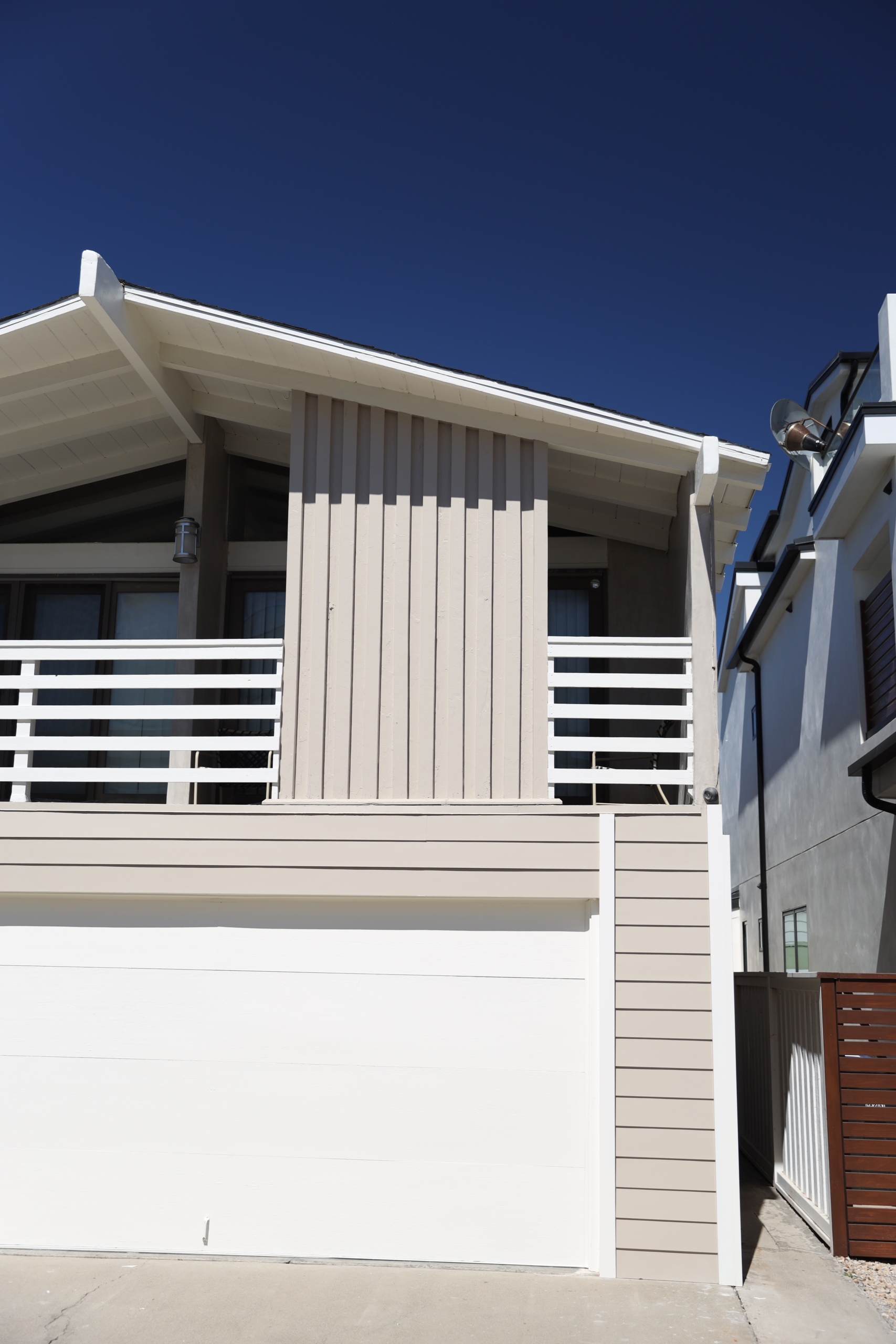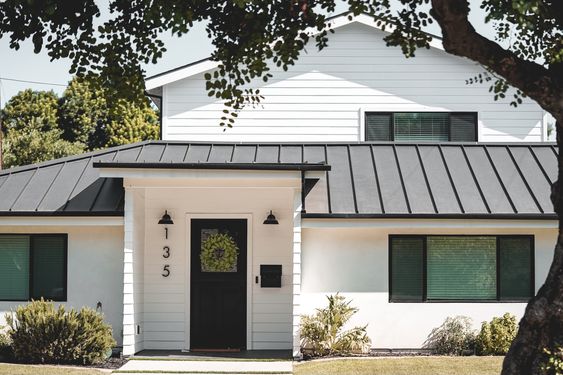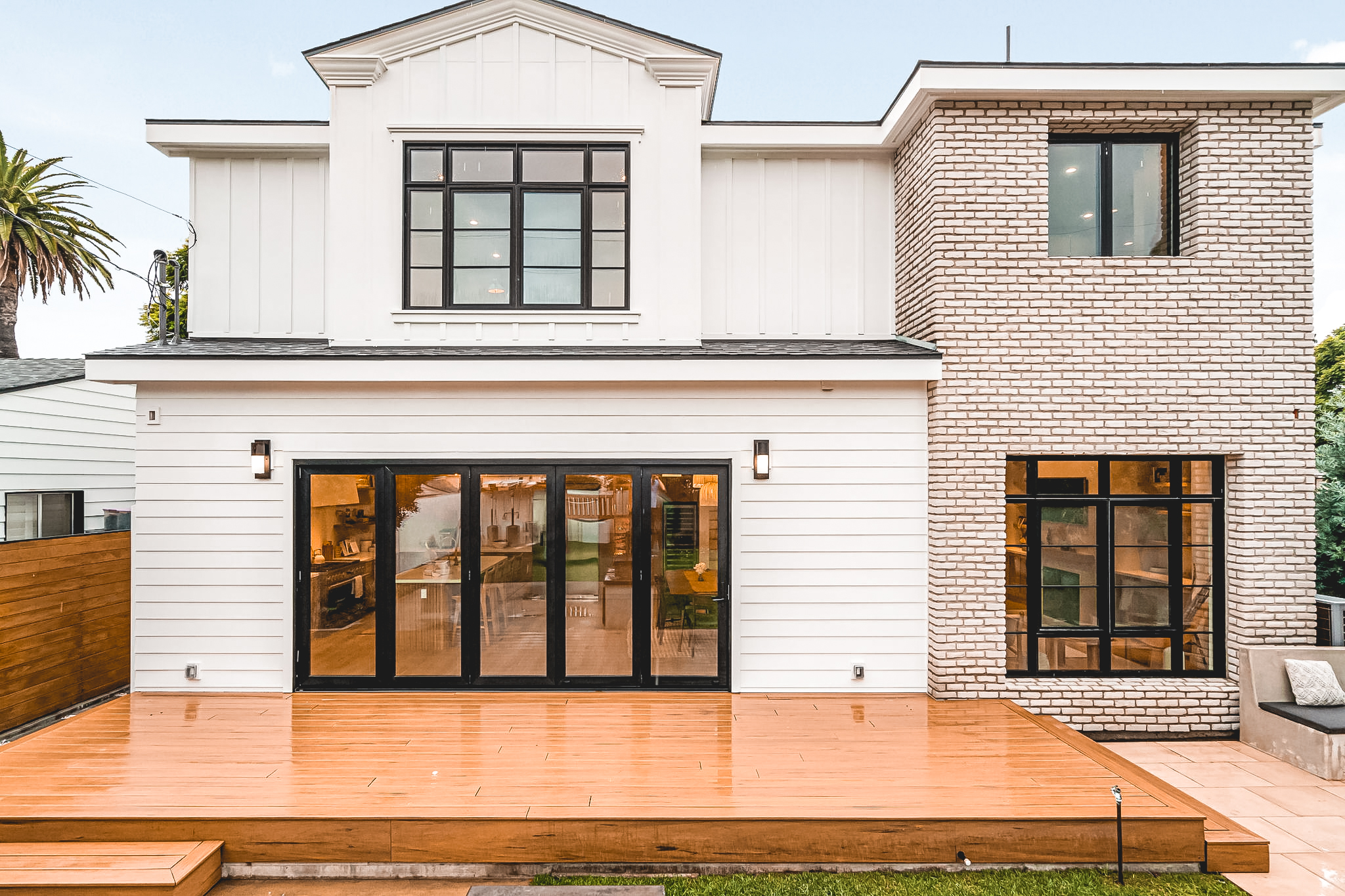Construction delays are a major concern for project managers, contractors, and clients alike. They can lead to increased costs, extended project timelines, and strained relationships between stakeholders. Understanding the common causes of construction delays and implementing effective strategies to prevent them is crucial for the success of any construction project. In this article, we will explore the primary reasons behind construction delays and provide practical tips to keep your project on track, ensuring timely and efficient completion.
The Impact of Construction Delays
Construction delays can have significant repercussions, both financially and reputationally. According to a study by the Construction Industry Institute, delays can increase project costs by an average of 20%. Additionally, a survey conducted by KPMG revealed that over 70% of construction projects experience delays. These statistics highlight the prevalence and impact of delays in the construction industry.
Common Causes of Construction Delays
- Poor Planning and Scheduling
- Lack of detailed project plans
- Inadequate scheduling techniques
- Failure to account for potential risks and contingencies
- Weather Conditions
- Unpredictable weather patterns
- Seasonal variations affecting project timelines
- Insufficient planning for weather-related disruptions
- Labor Shortages
- Limited availability of skilled labor
- High turnover rates in the construction industry
- Delays in hiring and onboarding new workers
- Supply Chain Issues
- Delays in material delivery
- Shortages of essential construction materials
- Inefficient procurement processes
- Design Changes and Errors
- Incomplete or inaccurate design documents
- Frequent design revisions during construction
- Miscommunication between design and construction teams
- Regulatory and Permit Delays
- Lengthy approval processes for permits
- Compliance with local building codes and regulations
- Inspections and approvals causing project hold-ups
- Financial Problems
- Budget overruns
- Cash flow issues impacting project progress
- Delayed payments to contractors and suppliers
Strategies to Prevent Construction Delays
- Thorough Planning and Scheduling
- Develop detailed project plans with clear milestones and deadlines
- Use advanced scheduling software to create realistic timelines
- Incorporate risk management strategies to address potential delays
- Weather Contingency Planning
- Monitor weather forecasts and plan activities accordingly
- Implement weather-resistant construction techniques
- Allocate buffer time for weather-related disruptions
- Addressing Labor Shortages
- Build a reliable network of skilled labor
- Invest in training and development programs for workers
- Maintain a positive work environment to reduce turnover
- Efficient Supply Chain Management
- Establish strong relationships with suppliers
- Use just-in-time delivery methods to minimize material shortages
- Implement tracking systems to monitor material availability
- Effective Communication and Collaboration
- Foster open communication between all project stakeholders
- Use collaborative project management tools
- Regularly review and update project plans based on feedback
- Streamlined Regulatory Compliance
- Understand and comply with local building codes and regulations
- Expedite permit applications and approvals
- Schedule regular inspections to avoid last-minute issues
- Financial Management and Budget Control
- Monitor project costs regularly and adjust budgets as needed
- Ensure timely payments to contractors and suppliers
- Secure adequate funding before project commencement
Case Study: Successful Delay Prevention in a California Project
In a recent project in Los Angeles, a construction company faced potential delays due to unforeseen weather conditions and labor shortages. By implementing a comprehensive weather contingency plan and investing in worker training programs, the company was able to mitigate these risks and complete the project on time. Additionally, regular communication with suppliers ensured that materials were delivered promptly, avoiding any supply chain disruptions.
Technological Solutions to Prevent Construction Delays
- Building Information Modeling (BIM)
- Enables better planning and visualization of the project
- Identifies potential design conflicts early in the process
- Facilitates collaboration between design and construction teams
- Drones and Aerial Surveys
- Provide real-time monitoring of construction progress
- Help identify potential issues before they cause delays
- Improve accuracy in site assessments and measurements
- Project Management Software
- Streamlines scheduling, budgeting, and resource allocation
- Enhances communication and collaboration among team members
- Tracks project milestones and deadlines effectively
- Mobile Applications
- Allow for on-the-go access to project information
- Enable instant updates and communication among team members
- Improve efficiency in reporting and documentation
Construction delays can significantly impact the success of a project, leading to increased costs and extended timelines. By understanding the common causes of delays and implementing effective prevention strategies, construction companies can enhance project efficiency and ensure timely completion. Thorough planning, efficient supply chain management, effective communication, and the use of advanced technologies are key to minimizing delays and delivering successful construction projects in California.


